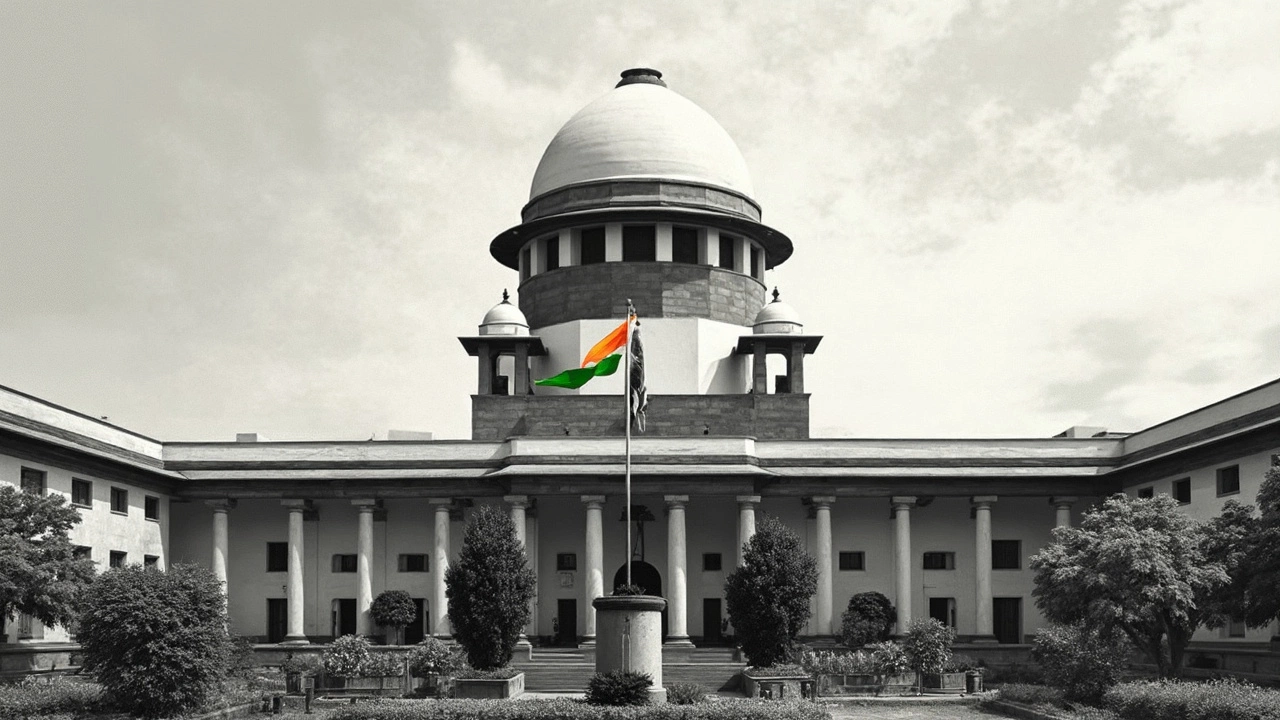Judicial Independence: What It Is and Why It Matters
When we talk about a free and fair society, the first thing that comes to mind is a court that can decide cases without pressure. That is judicial independence – the idea that judges should be able to rule based on law, not on politics, money, or public opinion.
Think about it this way: if a judge were forced to follow a politician’s orders, the legal system would lose its credibility. People would stop trusting courts, and the whole idea of rule of law would crumble. That’s why keeping the judiciary separate from the other branches of government is a core feature of any healthy democracy.
Why Judicial Independence Is Critical
First, it protects minorities. When the majority pushes for laws that target a specific group, an independent judiciary can step in and say, “That’s not legal.” Without that guard, the majority could easily trample on rights.
Second, it encourages economic stability. Investors and businesses feel safer when they know contracts will be enforced fairly. If courts can be swayed by powerful interests, the market becomes unpredictable and growth stalls.
Third, it maintains public confidence. When people see judges making decisions based on evidence and law, they are more likely to respect the outcome, even if they disagree. Trust in institutions is built on this perception of fairness.
How to Safeguard Judicial Independence
One practical step is transparent appointment processes. If judges are selected through open, merit‑based methods, there’s less room for political cronyism. Many countries use independent commissions to vet candidates and publish their credentials.
Another key is secure tenure. Judges should have fixed terms or life appointments that can’t be revoked without a clear, legal reason. This removes the fear of being kicked out for an unpopular ruling.
Financial security matters too. Judges need salaries that are protected from budget cuts that could be used as leverage. When pay is guaranteed, judges are less likely to be swayed by external offers.
Public awareness also plays a role. When citizens understand the importance of an independent judiciary, they can push back against attempts to undermine it. Social media, community meetings, and school curricula can all spread this knowledge.
Lastly, international watchdogs and legal NGOs provide oversight. Organizations that monitor court independence can shine a light on back‑door attempts to influence judges, making it harder for those attempts to stay hidden.
In everyday life, you can support judicial independence by staying informed, voting for candidates who respect the rule of law, and speaking up when you notice political interference in court matters.
Remember, a strong, independent judiciary isn’t just a legal concept – it’s a daily safeguard for fairness, equality, and freedom. By understanding what judicial independence means and taking simple actions to protect it, we all help build a more just society.
